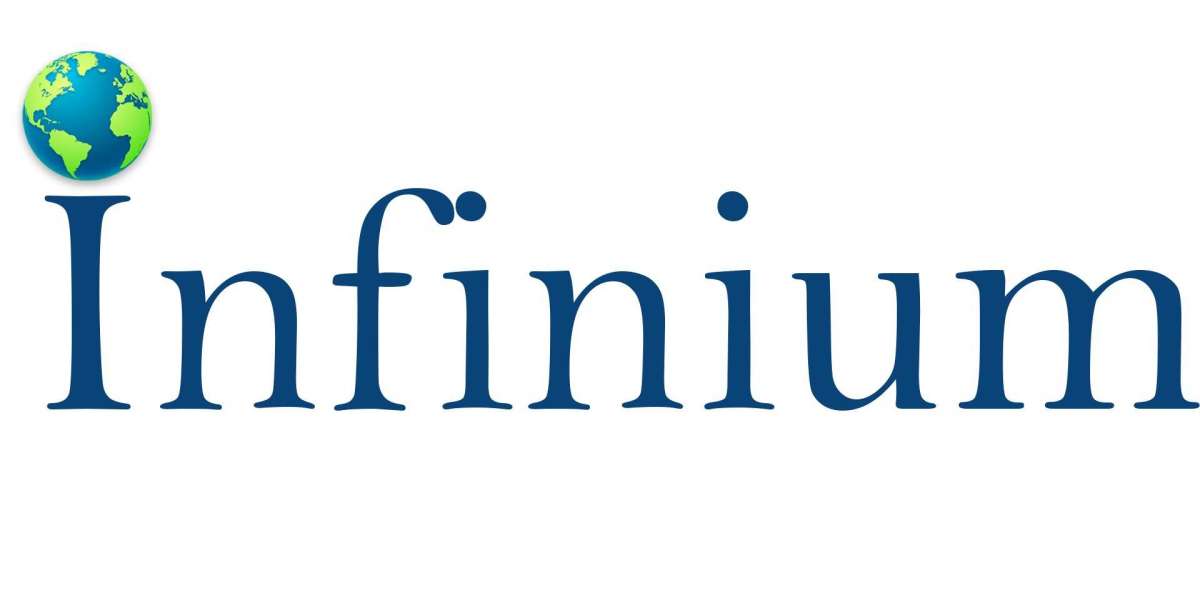The Infinium Global Research analyzes the Radiotherapy Market over the period of 2024 to 2032. This report also provides detailed qualitative and quantitative analyses of the market dynamics, market size and future trends in global radiotherapy market. It will help a lot of decision makers to develop strategies and find new opportunities in the global markets of radiotherapy. The report covers market changing aspects including drivers, restraints, opportunities, and trends expected to encouragement the expansion of the radiotherapy market during the period.
Get Sample pages of Report: https://www.infiniumglobalresearch.com/reports/sample-request/335
The radiotherapy market is poised for significant growth, driven by ongoing technological advancements and increasing demand for non-surgical treatment options. Technological innovations in radiotherapy products are at the forefront of this expansion, with sophisticated systems like Intensity-Modulated Radiation Therapy (IMRT), Image-Guided Radiation Therapy (IGRT), and proton therapy enhancing precision and efficacy. These developments enable more targeted treatments, improving patient outcomes while minimizing adverse effects. Furthermore, the growing preference for non-invasive procedures and the need for upgrading hospital equipment to incorporate the latest technologies are contributing to market growth.
The burgeoning geriatric population is another key driver of the radiotherapy market. As the global population ages, the incidence of cancer is rising, necessitating advanced treatment options. Hospitals and healthcare facilities are increasingly investing in state-of-the-art radiotherapy systems to meet the rising demand for effective cancer treatment. This shift towards modern equipment is coupled with substantial public and private investments in cancer research, aimed at improving detection and treatment. These investments are expected to enhance the demand for radiotherapy equipment, further accelerating market growth.
Despite these positive trends, several challenges hinder the radiotherapy market's expansion. High treatment costs, significant healthcare expenditure, and a lack of infrastructure in some regions pose barriers to widespread adoption. Additionally, the scarcity of trained professionals and alternative treatment options can restrain market growth. The report highlights these factors as obstacles that need addressing to fully capitalize on the market's potential.
Opportunities for market expansion are also notable, with increasing government initiatives and rising cancer incidence providing a favorable environment for growth. As nations boost their healthcare spending to improve cancer treatment facilities, the demand for advanced radiotherapy equipment is expected to rise. This dynamic landscape presents both challenges and opportunities for stakeholders in the radiotherapy sector, emphasizing the need for continued innovation and investment to stay competitive in the evolving market.
Competitive Landscape
Raysearch Laboratories, Pronova Solutions, LLC., Varian Medical Systems, Inc., Isoray Medical, Inc., Mitsubishi Electric Corporation, Elekta AB, Panacea Medical Technologies Pvt. Ltd., C. R. Bard, Inc., Mevion Medical Systems, Inc., Accuray Incorporated, Viewray Inc., IBA (ION Beam Applications SA), P-Cure Ltd. Nordion, Inc. and Theragenics Corporation.
Market Segmentation
- By Product Type:
- Internal Radiation Therapy (Brachytherapy): Radioactive sources are placed inside the body near the tumor.
- External Beam Radiation Therapy: High-energy rays are delivered from a machine outside the body.
- Systemic Radiotherapy: Radioactive materials are administered through injection or ingestion to target cancer cells throughout the body (Note: Less common than the other two types).
- By Application:
- Internal Beam Therapy: Uses brachytherapy for localized tumors.
- External Beam Therapy: Employs external beam radiation for a wider range of tumors.
- By End User:
- Ambulatory Radiotherapy Centers: Outpatient facilities specializing in radiotherapy treatments.
- Hospitals: General hospitals with radiotherapy departments.
- Cancer Research Institutes: Institutions conducting research and offering advanced radiotherapy technologies.
Regional Analysis
- North America: Currently holds the top spot in the global radiotherapy device market.
- Europe: A strong contender, Europe contributes significantly to global revenue.
- Asia Pacific:
- Rapid population increases
- Improvements in healthcare infrastructure
- Rising number of cancer patients, particularly in countries like India and China
Report Overview: https://www.infiniumglobalresearch.com/reports/radiotherapy-market
Reasons to Buy this Report:
= Comprehensive analysis of global as well as regional markets of radiotherapy.
= Complete coverage of all the product types and application segments to analyze the trends, developments, and forecast of market size up to 2032.
= Comprehensive analysis of the companies operating in this market. The company profile includes an analysis of the product portfolio, revenue, SWOT analysis, and the latest developments of the company.
= Infinium Global Research- Growth Matrix presents an analysis of the product segments and geographies that market players should focus on to invest, consolidate, expand, and/or diversify.
Conclusion:
In conclusion, the radiotherapy market is set for robust growth driven by technological advancements, a rising geriatric population, and increased preference for non-surgical treatments. Innovations such as IMRT, IGRT, and proton therapy are enhancing treatment precision, while growing investments in cancer research and healthcare infrastructure further bolster market expansion. However, challenges including high costs, limited infrastructure, and a shortage of trained professionals need to be addressed. Opportunities for growth remain strong, with government initiatives and increasing cancer incidence creating a promising environment for the radiotherapy sector. Continued innovation and strategic investment will be crucial for capitalizing on these opportunities and navigating the market's complexities.



